Emotions and Decision Making
By Jenna Pastuszek
During the altMBA, I was given an assignment to complete that involved sunk costs, change agents, probability, decision trees, framing, and expected outcomes.
Don’t know what most of that means? Neither did I!
What I realized in completing the project, and through the generous feedback of my classmates and coaches, is that it is difficult for me to make a decision without my emotions heavily influencing the making of said decision.
As I explained to the people in my program, in our industry, it is common to make most decisions based on emotional value. For example, when offered a job, we ask ourselves:
Is it good for my resume?
My wallet?
My heart?
If it’s good for 2 of the 3 categories, we go for it. This kind of thinking puts us in a habitual pattern of using emotions to drive decision making, job offer or not.
Our industry becomes further emotionally complex because of the nature of the work we do (using our emotions to tell other people’s’ stories), with the people with whom we work (other brilliant, creative artists with whom we get intimate quickly in order to create the safe spaces in which we need to explore and do our work in a truthful, honest way), and in the conditions we do it in (always with a clear end date in sight).
Sometimes, having a high emotional quotient is a good thing (like when it comes to quickly and truthfully getting into the given circumstances of a character), and at other times, it makes unbiased decision making solely based on fact and probability extremely difficult.
We are in a profession that yes, requires talent, and also requires for people to like and/or trust us to fulfill the requirements of the job. Most of the time, to advance in our industry, you need to have people like you. When I think about people liking me, it’s hard not to feel emotionally attached to the outcome. I want to be liked- we all do. It’s an ingrained survival mechanism to want to be liked by the group and not left alone to be eaten by the lions.
And yet, emotions impede our abilities to make clear, rational decisions when it comes to the business side of our actor selves. When everything we do is cloudy with worry (FOPO, FOMO, contract negotiation, auditions, the list goes on…), it is impossible for us to use clear language, direct asks, empathy for those on the receiving end of our requests, and rationality to truly be
able to hear what others are saying to us rather than fixating on how what we’re hearing is making us feel.
We wear all of the C-Suite hats in our own organizations. All of them. From CEO to CFO, CMO, to Human Resources and the mail delivery intern, the jobs are ours.
Can we strive to differentiate who’s wearing what hat when?
What if we approached auditions as HR and/or the Creative Director?
What if we approached contract negotiation as the company litigator?
Could we acknowledge that as actors, our emotionality is a superpower, and as actors running our own businesses, unbiased decision making skills may be a hugely beneficial tool to add to our tool bag?


